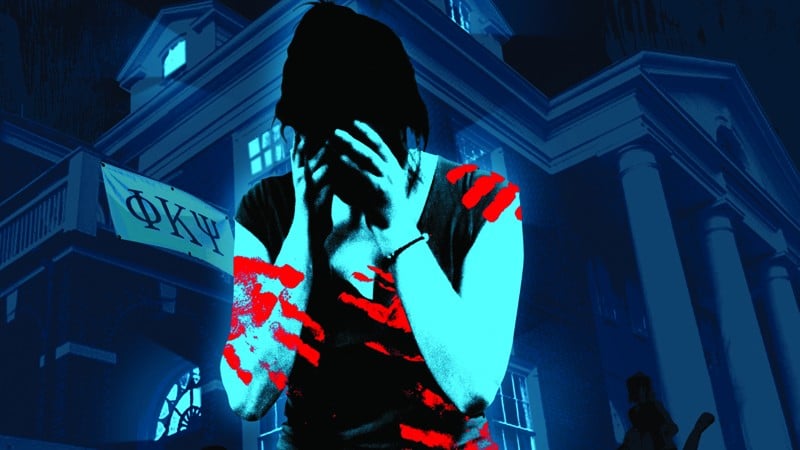

Dear all,
The conclusions of a review by the Columbia Graduate School of Journalism (CGSJ) of a sensational news story in the US magazine Rolling Stone have come as a sort of horrible wake-up call to all in this field -- most particularly reporters and editors.
The sensational news story (‘A Rape on Campus’) was published in the Rolling Stone in November last year and told of a University of Virginia female student, ‘Jackie’, being raped by several members of a Campus Fraternity at the relevant Frat House. The story was shocking but concerns and queries about it led to the magazine actually putting its own report up for independent scrutiny by requesting a review.
Two deans from the Columbia University Graduate School of Journalism and a postgraduate research scholar at Columbia University in New York then reviewed the reporting process -- and found it severely lacking. In the report of the review published last week they found that "the magazine set aside or rationalized as unnecessary essential practices of reporting" and that had these had these been followed the story would not have been published in the form it was.
Basically, the reporter wrote a one-source story and the editor did not insist on corroboration or confirmation of the claims made by that source. There was such an absence of fact-checking that on the date that Jackie claimed to have been gang raped at the Frat party, there had actually been no event at the Frat House. The victim claimed to have spoken to friends about her ordeal but the reporter was not able to speak to the individuals cited to confirm or corroborate this. Subsequent to the Columbia review Rolling Stone spoke of the source ‘Jackie’ as having manipulated the reporter and the magazine. But the fact of the matter is this would not have been possible had certain very basic journalistic protocols been followed.
A major question raised by this whole matter is whether those of us in journalism now even remember what journalistic protocols are. In the age of Google and Twitter, have we forgotten about basic things like checking facts, seeking confirmation and getting quotes? Have we forgotten that a major stage of any story or investigation is actually sifting through its elements and assessing it objectively?
Traditionally reporters have always found editors pretty irritating -- because they question and query the stories the reporters bring in. Which is as it should be because it is from that tension and that discussion that stories often begin to take on a new, more significant, shape. The reporter’s job is to find and mine the stories, the editor’s to inspire, assess, guide, question and shape.
After the CGSJ review, the rest of the media has had a field day criticising Rolling Stone -- they have spoken of journalistic malpractice, ‘colossal journalistic meltdown’ and shocking carelessness; media critics are shocked that heads have not rolled at the magazine as reporter, editor and managing editor have all retained their jobs.
The review called the publication of the report ‘a failure of journalism’ but the real failure would be if journalists now do not learn from the incident or become more vigilant about what they publish. Various quarters will, obviously, always try to manipulate journalists but the trick is to be discerning about information, sift it, question it, corroborate it. Old fashioned but solid -- it’s a process that will serve up a factual, newsworthy blend rather than just a plate of innuendo and disinformation.
Check every fact, test every hypothesis, examine every possible motive… as Rolling Stone now realises it’s important to leave no stone unturned when it comes to basic journalistic practices.
Best wishes